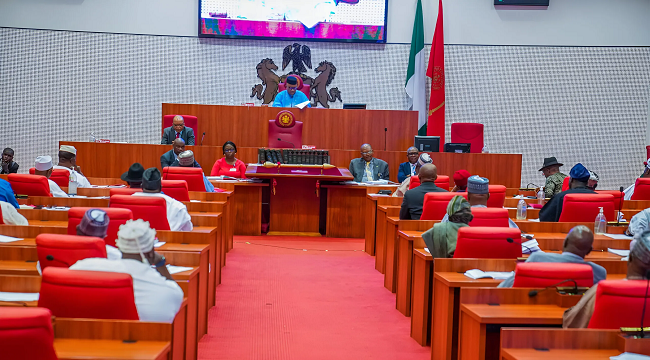To play this video you need to enable JavaScript in your browser.
When Maccabi Tel Aviv were drawn to face Aston Villa in the Europa League, the fixture immediately stood out.
The prospect of an Israeli team travelling to play a club based in a predominantly Muslim area prompted concerns from those in charge of ensuring the fixture passes off safely.
Six weeks ago, there was even a chance the game might not go ahead, with calls for Israeli teams to be removed from international competitions because of the Israel-Gaza war.
But once a ceasefire was agreed last month, it became clear Maccabi – the only Israeli club to reach the league stage of European competition this season – would stay in the Europa League, and travel to Birmingham.
The fixture has rarely been out of the news since, particularly when away fans were banned from attending.
Why are there no away fans?
Before every football fixture, the local Safety Advisory Group (SAG) assesses the need for police presence plus any possible restrictions that might be needed – including to the total capacity or number of visiting supporters.
For Thursday’s match, the SAG had to take into account a number of considerations, including an assessment from West Midlands Police which classified the fixture as high-risk. That resulted in Maccabi fans being blocked from attending the game.
Police said the decision was “based on current intelligence and previous incidents, including violent clashes and hate crime offences that occurred during the 2024 Uefa Europa League match between Ajax and Maccabi Tel-Aviv in Amsterdam”.
Banning supporters was politically controversial, and prompted criticism from across the spectrum, including from Prime Minister Keir Starmer.
How many police will be on duty?
More than 700 police officers will be deployed, including those with horses, dogs, the force’s drone unit, and road policing officers. There will be a no-fly zone around the ground.
“It looks like a substantial policing operation with some quite powerful resources including mounted branch, drones, specialist officers, in addition to the stewards that will be at the game anyway”, Ron Winch – associate professor in policing at Birmingham City University and a former senior police officer – told BBC Radio WM.
He added it was a “reasonable and proportionate response to the threats and risks that the match faces”.
What do fans think?
Thousands of tickets for the match remained unsold on Wednesday morning, and the away end will be closed rather than filled with home fans.
Villa announced last month their ticketing policy for the match, insisting only fans with a purchase history prior to this season would be able to access a ticket.
But the possibility of protests appear to have put off many.
Speaking to BBC Sport, Villa fan Simon said: “I don’t feel like I would be unsafe going to the game but I can understand there will be a lot of people who feel like that. I do worry that there will be trouble”.
Will there be any protests?
According to the 2021 Census, the Aston Park area around Villa Park is 70.2% Muslim.
Planned protests at the stadium include one by pro-Palestinian groups, who want the match to be called off. Palestine Solidarity Campaign, Stop the War Coalition, Muslim Association of Britain, Friends of Al-Aqsa, Kashmir solidarity campaign and Palestinian Forum in Britain have jointly organised the protest.
There may also be counter-protests in support of Israel.
There have been mass arrests at protests in support of Palestine Action – a British pro-Palestinian group which was proscribed under the Terrorism Act 2000 in July 2025.
There is also the possibility protests may take place inside the ground.
Is it going to be safe for fans?
Police have been working closely with faith and community groups to take on board their views and concerns, and officers experienced at policing high-profile football matches and demonstrations will be on duty.
The intention is that the measures put in place will ensure the game will go ahead without any issues for supporters.
Ch Supt Joyce said: “Our goal throughout planning for this match is to ensure people can enjoy the football fixture while we continue to keep everyone in Birmingham safe”.
Villa had already identified potential issues for its staff, with the BBC reporting last month that stewards had been told they did not have to work on the game if they “may have concerns”.
Related topics
- Europa League
- Aston Villa
- Football






